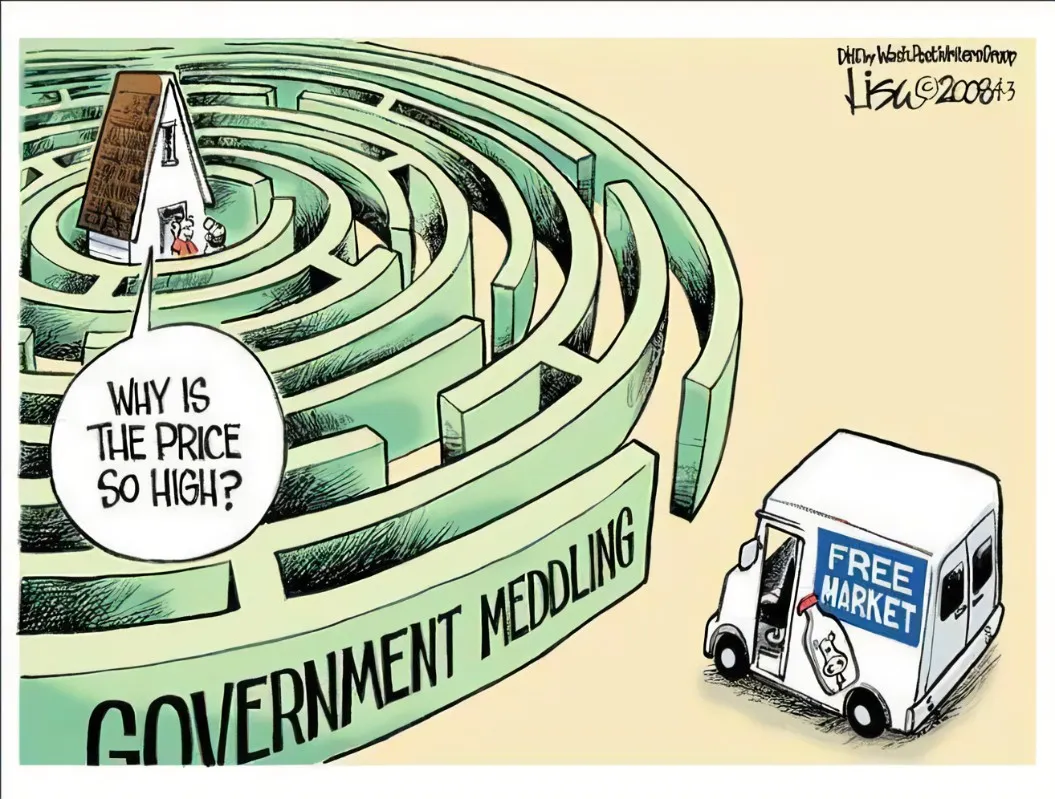When reading chapters 5, 7, and 9 of "The Seen, the Unseen, and the Unrealized" by Peter Bylund, the passage about the ripple effect of economic activity particularly struck me. Bastiat's parable and Bylund's analysis caused me to think about examples of this in the United States' economy. My mind immediately thought of Amazon because of its large commercial activity across the world, and how what we buy affects it and its employees. Amazon pays its employees a minimum wage of $15 an hour, regardless of location, which is a greater minimum wage than all of the 50 states, falling short to only the District of Columbia by $0.20 cents per hour. ("List of Minimum Wage Rates by State 2022") I believe this relatively high minimum wage is due to its incredible success over the years. The company is gaining so much revenue that it can afford to pay its employees a great deal more relative to other companies. This success also explains why they're working with Biden to raise the national minimum wage to $15 an hour. However, this bargain with the government has had repercussions. When the Biden Administration made a rule for contractors to pay their employees a minimum of $15 an hour, it was met with backlash from Texas, Louisiana, and Mississippi. These states sued because "President Biden chose to ignore the will of [their] federal legislators and instead forced a raise in the minimum wage through executive fiat." (Sneed) This push by the government for minimum wage increase could be detrimental not only because of the increase of government control, but also because of its effect on companies. The fall of small businesses throughout the years can be attributed to Amazon's success, demonstrating one of Amazon's indirect effects as mentioned in the broken window parable. The raise of national minimum wage might benefit employees, but for these small business owners that are financially struggling to begin with, this wage increase would be incredibly detrimental to the business and could cause it to go bankrupt. Bylund also mentions that the attempt of government regulation of the market could cause it to develop slower because it is putting restrictions on businesses but not necessarily on the customers. The attempt to control the uncontrollable can cause greater disruption because of businesses having to adjust to the customers' wants while adhering to government policy. Ultimately, the more government regulations on the economy, the greater invitation for companies like Amazon, Apple, and other large companies to dominate the market and respective industries. Additionally, the more government regulations on the economy can further muddle the line between the government and the economy and tread the line of socialism.

Image Source